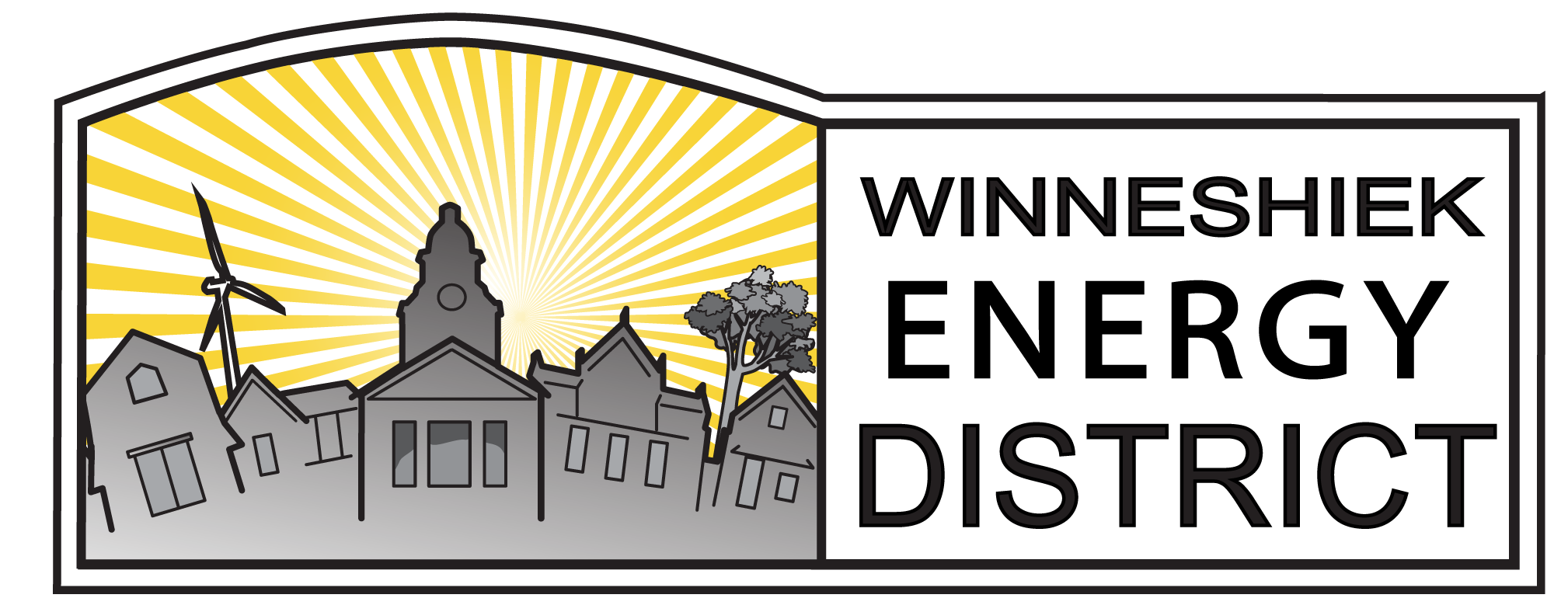Will The FERC End Net Metering – and Solar Prosperity – Nationwide?
What’s At Stake
The end of net metering and local solar prosperity may sound sensationalist, but that appears to be the goal of a new petition filed with the Federal Energy Regulatory Commission (FERC) by the New England Ratepayers Association (NERA). The NERA appears to be a front group for major electric utilities and anti-renewable energy groups.
Ownership matters. When farms, homes, businesses, and institutions invest in solar energy, they generate local jobs and own a piece of the clean energy future. That solar prosperity is an almost unlimited growth opportunity for every county and community in America … as long as farms, homes, businesses, and institutions retain the right to generate, and to remain connected to the grid on fair terms.
Net metering and value-of-solar tariffs are the fair terms on which local solar prosperity is built. Corporate utilities have been trying to close the door on net metering state by state, and the current FERC docket is an attempt to accomplish that goal nationwide, in one fell swoop.
This docket could represent the FERC overruling legislatures and utility regulators in red and blue states, ending net metering as we know it nationwide, handing full ownership of the clean energy future to corporate utilities, and closing the door on local solar prosperity just as it is gathering steam in the Heartland.
The Legal Argument
The arguments NERA makes against valuation of customer-owned solar aren’t all that different than those made by utilities around the country in their attempts to overturn net metering at state utility boards or legislatures. We have covered these valuation issues in our support of SF 583 (which made net metering iowa law in 2020), and defense of net metering from prior attack in Iowa both legislative (2019) and at the Iowa Utilities Board (2014-2017).
In this case, however, NERA isn’t asking the FERC to go through another valuation process. Instead, they’re asking the FERC to:
“(1) declare that there is exclusive federal jurisdiction over wholesale energy sales from generation sources located on the customer side of the retail meter, and (2) order that the rates for such sales be priced in accordance with the Public Utility Regulatory Policies Act of 1978 (“PURPA”) or the Federal Power Act (“FPA”), as applicable.”
The first part of that request would strip states of the authority to regulate pricing for customer-owned solar, potentially nullifying all net metering tariffs in effect nationwide. The second part would require states to order utilities to pay only “avoided cost” for surplus energy fed into the grid. These rates are generally a small fraction of the retail-related rates offered by full net metering.
Replacing net metering with avoided cost would reduce the value of customer-owned solar production, reduce the economic viability of customer-owned solar, and likely end the strong growth of customer-owned solar and local solar prosperity in counties and communities nationwide.
Learning Resources
- The case is FERC docket EL20-42
- The NERA Petition for a Declaratory Order (long!) and their FAQ (short)
- Vote Solar Issue Brief
- Harvard Law School, Environmental and Energy Law Program, The Case Against Direct FERC Regulation Of Distributed Energy Resources (long!)
- Utility Dive article Secretive Group’s Petition to FERC Could “end net metering as we know it”, Lawyers Say
- GTM article Solar Net Metering Under Threat as Shadowy Group Demands Intervention in State Policies
- Daily Energy Insider article summarizing the NERA petition
- PV Magazine article Renewable energy advocates suspicious of FERC’s relationship with anti-net metering group
What can you do?
What will matter to FERC in this docket is difficult to discern. Many national organizations, including consumer advocates and Attorneys General, have filed to intervene. Comments and testimony from intervenors and others must be filed by June 15. Theoretically, anyone may create an eRegistration account and file comments via FERC’s “eFiling” system.
Practically, the best option for Iowans who care about local solar prosperity may be to encourage their state leadership to intervene on behalf of all of Iowa. The Governor’s Office, the Legislature, and the Iowa Utilities Board should all have standing, given recent unanimous legislative passage and gubernatorial signing of SF 583, which codifies net metering in Iowa law. Farm and business interests may be the most effective voices encouraging state leadership to speak with one voice, ask the FERC to reject the NERA petition, and protect solar energy prosperity for all.
